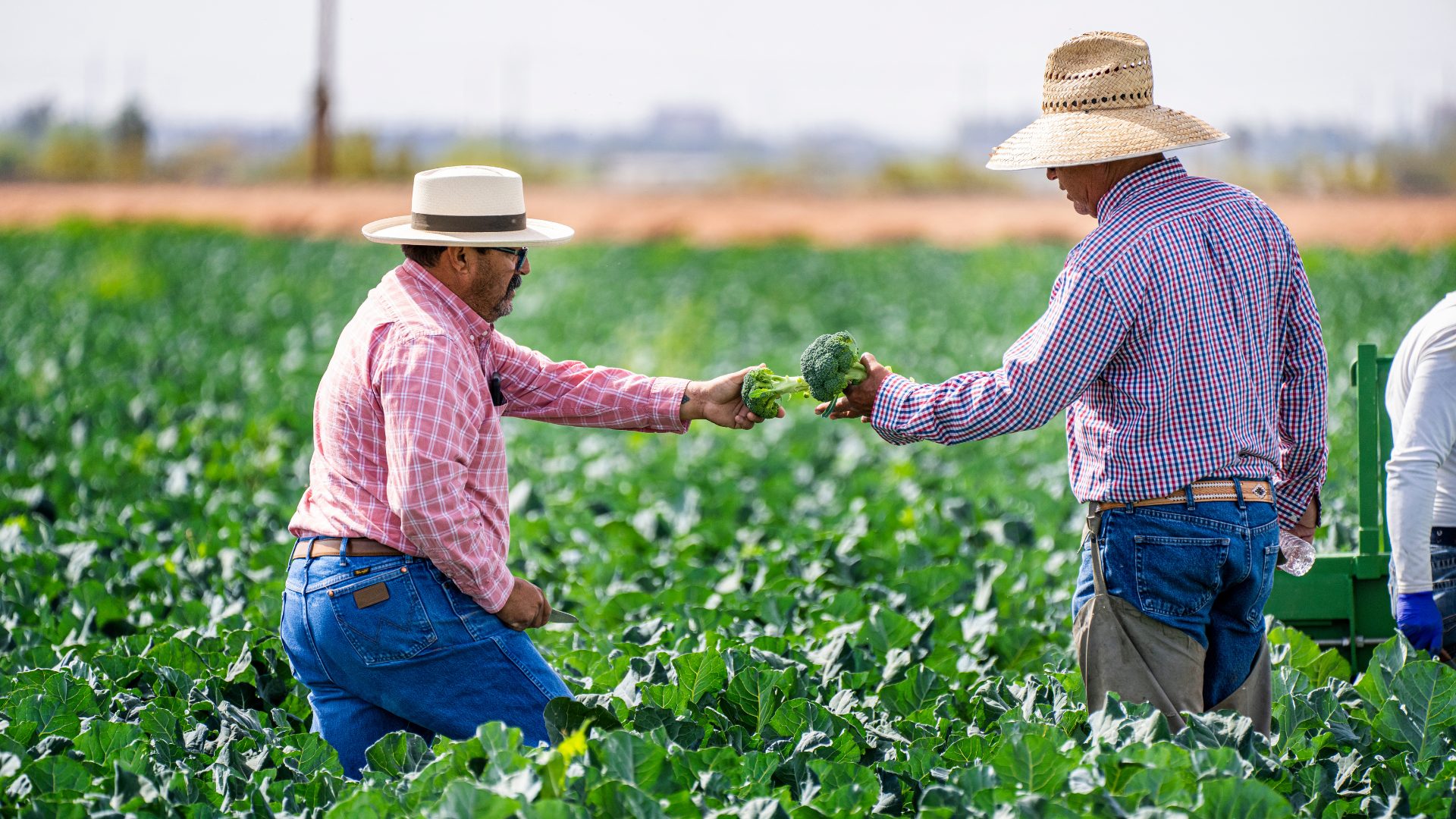

A Critical Shortage: Immigration Enforcement Meets Agricultural Labor Crisis
In a formal rule filed in the Federal Register, the U.S. Department of Labor (DOL) acknowledged that intensified immigration enforcement under President Donald Trump could severely disrupt the American agricultural sector. The rule, dated October 2, underscores that without lawful, stabilized labor sources, the country’s food supply will face escalating vulnerabilities.
As the rule states, the ongoing decline in immigrant labor is expected to “exacerbate [an] already pressing mismatch in the agricultural labor market” while depriving growers of the “relatively cheaper labor supply” upon which the industry depends. This frank admission from a federal agency signals growing alignment across both economic and legal sectors: immigration policy is no longer a border issue—it’s a domestic supply chain risk.
The Disconnect Between Labor Demand and Workforce Reality
The Department’s report reveals a sobering fact for policymakers and agricultural employers alike: “Despite rising wages, there is no indication that unemployed or marginally attached U.S. workers are entering the agricultural labor force in meaningful numbers.” This finding reaffirms what immigration attorneys and farm advocates have long argued—domestic labor is not filling the void left by deported or undocumented farmworkers.
Without swift and strategic action, DOL warns, “agricultural employers will be unable to maintain operations, and the nation’s food supply will be at risk.” In an era where consumers are already grappling with cost increases for staples like beef and coffee, the stakes couldn’t be higher.
The H-2A Visa System: A Strained Legal Pathway
In an effort to stabilize labor markets, the Department proposed adjustments to the H-2A visa system—namely, a controversial reduction in wage rates for temporary seasonal agricultural workers. While H-2A visa usage has expanded nearly tenfold over the past two decades and now accounts for nearly 20% of the agricultural workforce, the system remains flawed.
H-2A visa holders are sponsored by growers but are denied collective bargaining rights and must accept federal minimum wage guidance that avoids creating “adverse effect[s]” on U.S. workers. However, by pushing down wages, the administration risks worsening exploitation and deterring applicants at a time of urgent need.
For legal practitioners, this exposes clients to both labor compliance scrutiny and litigation risk—particularly as worker protections become a focal point of federal and state oversight.
Tariffs, Trade Wars, and the Food Economy
Layered atop labor enforcement are economic pressures from the Trump administration’s tariff strategy. For example, U.S. soybean farmers have suffered heavily as key buyers like China pivot to other markets. Grocery prices for items like beef and coffee have ticked upward monthly—rising between 0.2% and 0.4% since January, according to the Bureau of Labor Statistics.
While Agriculture Secretary Brooke Rollins has floated the idea of distributing tariff revenue to farmworkers, the real question is whether this stopgap measure can offset the damage done by a contracting labor pool.
Legal Implications and Action Steps for Employers and Workers
For employers:
-
A proactive compliance strategy is now essential. Employers must audit their workforce documentation, evaluate reliance on H-2A labor, and consider restructuring employment practices to remain within regulatory bounds.
-
Legal counsel should be engaged for H-2A visa petitions, labor certifications, and any DOL audits or investigations triggered by workforce instability.
For undocumented or temporary workers:
-
Individuals facing removal proceedings must explore every available relief pathway, including cancellation of removal, asylum claims, or adjustment of status.
-
Workers may also qualify for U or T visas depending on workplace conditions and any instances of abuse or labor violations.
For policymakers and industry stakeholders:
-
A long-overdue modernization of the H-2A system must prioritize wage fairness, legal protection, and administrative efficiency.
-
Broader immigration reform, including legalization programs or alternative work visa options, could stabilize the labor market while honoring both economic and humanitarian goals.
A Path Forward: How Spar & Bernstein Can Help
At Spar & Bernstein, we understand that immigration policy reverberates far beyond the border, it affects America’s food supply, workforce stability, and economic security. Whether you are an employer navigating H-2A visa applications, a worker concerned about deportation, or a stakeholder seeking strategic immigration counsel, our team is equipped with decades of legal expertise and a deep commitment to solution-oriented advocacy.
The future of food security may depend on legal access to labor. We stand ready to help clients navigate these turbulent changes—and fight for policies that benefit families, farms, and the economy alike.




